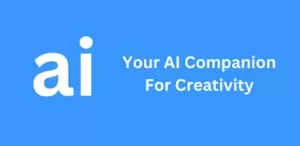
Google, the tech giant, has announced the expansion of its AI chatbot Bard to include Swahili, making it the first African language to be supported. This move is part of Bard’s largest expansion to date, with 40 new languages and 59 new countries and territories being added.
Bard is now available in several widely spoken languages, including Swahili, Chinese, German, Spanish, Arabic, Hindi, and Spanish. Users can access Bard in their preferred language, and text-to-speech functionality is also enabled in eight languages.
Rachael Ndichu, Language Manager at Google, stated that the launch of Bard in Swahili is a significant milestone, as it allows the chatbot to reach a broader audience in Africa, where approximately 150 million people speak Swahili. Google believes that Bard has the potential to be a powerful tool for creativity and learning in the region.
Swahili, with over 200 million speakers, is the third most spoken language in Africa and one of the top ten most widely spoken languages worldwide.
The expansion of Bard also includes new features such as listen-to responses in over 40 languages, allowing users to hear the correct pronunciation of words or listen to poems and scripts. Users can now customize Bard’s responses by adjusting the tone and style to five different options: simple, long, short, professional, or casual. This feature is currently available in English and will be expanded to other languages in the coming weeks.
Furthermore, users can now pin and rename their conversations with Bard for easier reference to important information and ideas. The export code to more places feature allows users to export Python code to Replit, in addition to Google Colab, facilitating code sharing and integration with other projects. Users can also share responses with friends through shareable links, enhancing collaboration and feedback on ideas. Additionally, images can now be uploaded to the chatbot as prompts.
Bard was launched in March as Google’s competitor to ChatGPT, the AI chatbot developed by Microsoft-backed company OpenAI. Alphabet Inc, Google’s parent company, is striving to catch up with Microsoft, which has integrated ChatGPT-like features into various products, including the Bing search engine. OpenAI has also introduced ChatGPT for smartphones, aiming to expand its presence in the search market where Google currently dominates.







